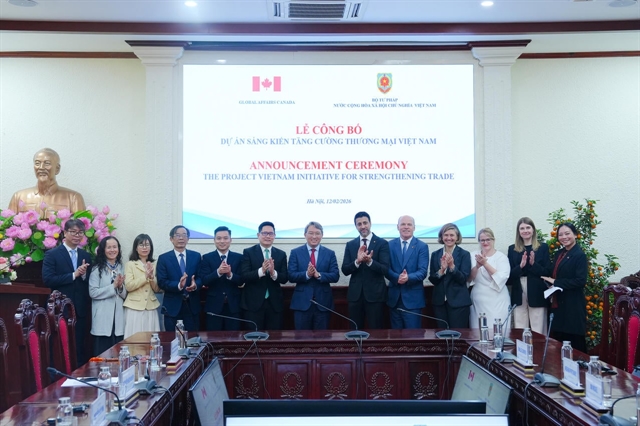 World
World

UNITED NATIONS — The UN Security Council on Thursday unanimously decided to extend for another year the mandate of a panel tasked with investigating chemical attacks in Syria and identifying those responsible.
Backed by Russia, the council adopted a US-drafted resolution to prolong the joint investigation by the United Nations and the Organization for the Prohibition of Chemical Weapons (OPCW) until November 2017.
US Ambassador Samantha Power said the work of the panel, known as the Joint Investigative Mechanism (JIM), was "far from finished" and pointed to reports of alleged chlorine gas attacks in east Aleppo.
The JIM has already established during its year-long investigation that Syrian government forces carried out three chlorine gas attacks on villages in 2014 and 2015.
It was the first time that an international probe pointed the finger of blame at President Bashar al-Assad’s forces, after years of denial from Damascus.
Despite the findings, Russia has dismissed the conclusions as unconvincing and said no sanctions should be imposed on Syria.
Russian Deputy Ambassador Vladimir Safronkov said "Russia’s skeptical position is well-known regarding the conclusions" but he added that Moscow’s backing was a recognition that chemical weapons use remained a threat in Syria and in Iraq.
The JIM also found that the Islamic State group in Syria used mustard gas as a weapon in August 2015.
Calls for sanctions
France and Britain have repeatedly called for UN sanctions against Syria for its use of chemical weapons but there has been no action at the Security Council.
French Ambassador Francois Delattre said "today’s adoption is an important step but we will need to go further" by ensuring that those responsible for the attacks face sanctions.
Power said the council must work to "make sure those who use these gruesome weapons face consequences".
The resolution tasks the JIM with identifying the "perpetrators, organizers, sponsors" of attacks including among groups associated with the Islamic State group or Al-Qaeda.
It states that all "individuals, entities, groups or governments responsible for any use of chemical weapons must be held accountable".
In its last report, the JIM found that government helicopters flying from two Assad regime-controlled air bases dropped chlorine barrel bombs on the villages of Qmenas, Talmenes and Sarmin, in rebel-held Idlib province.
The panel identified three helicopter squadrons as the perpetrators.
Syria signed the Chemical Weapons Convention (CWC) in 2013 and agreed to give up its chemical stockpile under pressure from close ally Russia.
At a meeting in The Hague last week, the OPCW’s executive body condemned Syria for its use of chemical weapons, the first-ever condemnation of a state-party to the CWC.
"With the extension of the UN-OPCW Joint Investigative Mechanism for another year, all those thinking of using chemical weapons in Syria will know that they may be exposed. But accountability is also crucial," said Louis Charbonneau, the UN director for Human Rights Watch.
"The Security Council should quickly impose sanctions on senior leaders in the Syrian chain of command who have allowed the use of chemical weapons on their watch."
Set up by the council in August 2015, the JIM was due to shut down today unless its mandate was renewed. — AFP




